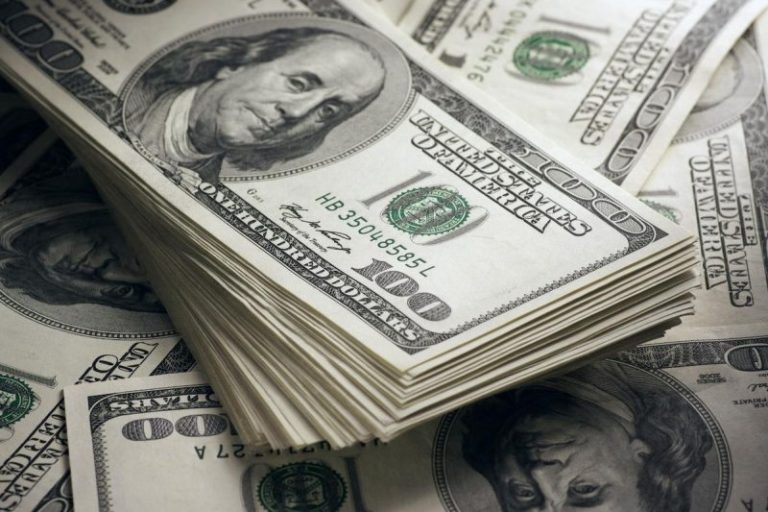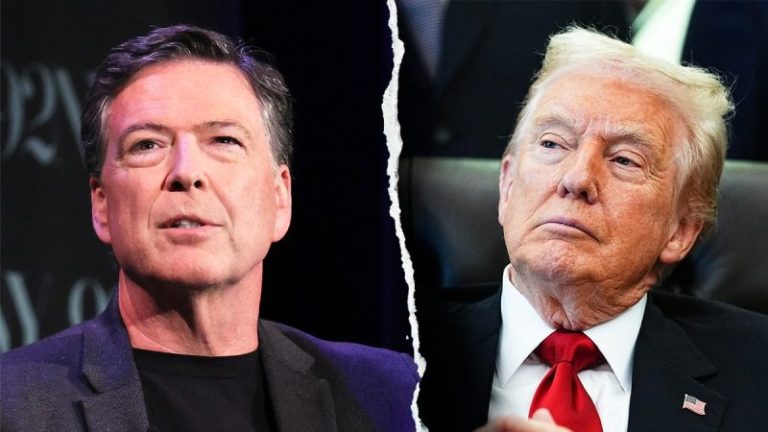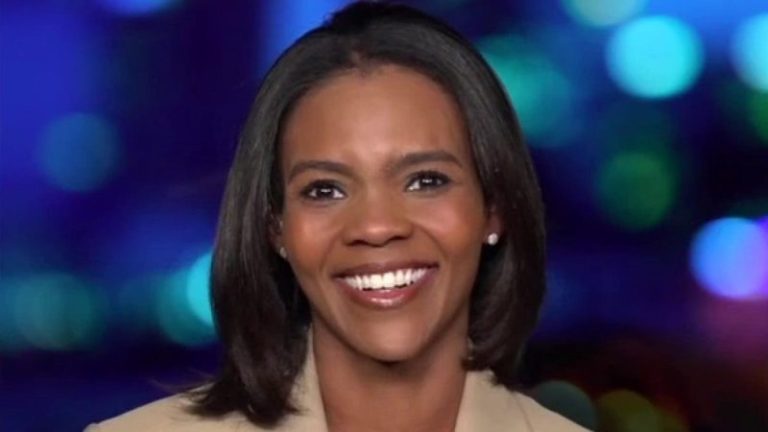Bold Ventures Inc. (TSXV: BOL,OTC:BVLDF) (the ‘Company’ or ‘Bold’) is pleased to announce a non-brokered private placement offering of up to 6,000,000 working capital units (the ‘WC Units’) of the Company at a price of $0.08 per WC unit for up to $480,000 and up to 6,500,000 Flow Through units (the ‘FT Units’) at a price of $0.09 per FT Unit for up to $585,000 both of which constitute the ‘Offering.’
The Offering
Each WC Unit comprises one (1) common share of the Company priced at $0.08 and one full common share purchase warrant (a ‘WC Warrant‘) entitling the holder to acquire one (1) common share at a price of $0.12 until three years (36 months) following the closing of the Offering. The proceeds from the WC Units will be used for general working capital, property maintenance, exploration and expenses of the offering.
Each FT Unit comprises one common share of the Company priced at $0.09 and one half (1/2) of a common share purchase warrant. One full common share purchase warrant (a ‘FT Warrant‘) and $0.12 will acquire an additional common share until twenty-four (24) months following the closing of the Offering. The proceeds from the sale of the FT Units will be used for exploration work that qualifies for Canadian Exploration Expenses (CEE).
In connection with the Offering, the Company may pay a finder’s fee to qualified finders in consideration for their assistance with the Offering. The finder’s fees may be payable in cash and/or securities of Bold at the discretion of the Company and in accordance with the rules of the TSX Venture Exchange.
All securities to be issued pursuant to the Offering are subject to a statutory four (4) month and one (1) day hold period and regulatory approval.
Bold Ventures management believes our suite of Battery, Critical and Precious Metals exploration projects are an ideal combination of exploration potential meeting future demand. Our target commodities are comprised of: Copper (Cu), Nickel (Ni), Lead (Pb), Zinc (Zn), Gold (Au), Silver (Ag), Platinum (Pt), Palladium (Pd) and Chromium (Cr). The Critical Metals list and a description of the Provincial and Federal electrification plans are posted on the Bold website here.
About Bold Ventures Inc.
The Company explores for Precious, Battery and Critical Metals in Canada. Bold is exploring properties located in active gold and battery metals camps in the Thunder Bay and Wawa regions of Ontario. Bold also holds significant assets located within and around the emerging multi-metals district dubbed the Ring of Fire region, located in the James Bay Lowlands of Northern Ontario.
For additional information about Bold Ventures and our projects please visit boldventuresinc.com or contact us at 416-864-1456 or email us at info@boldventuresinc.com.
| ‘Bruce A MacLachlan’ Bruce MacLachlan President and COO Direct line: (705) 266-0847 Email: bruce@boldventuresinc.com |
‘David B Graham’ David Graham CEO |
Neither TSX Venture Exchange nor its Regulation Services Provider (as that term is defined in the policies of the TSX Venture Exchange) accepts responsibility for the adequacy or accuracy of this release.
Cautionary Note Regarding Forward-Looking Statements: This Press Release contains forward-looking statements that involve risks and uncertainties, which may cause actual results to differ materially from the statements made. When used in this document, the words ‘may’, ‘would’, ‘could’, ‘will’, ‘intend’, ‘plan’, ‘anticipate’, ‘believe’, ‘estimate’, ‘expect’ and similar expressions are intended to identify forward-looking statements. Such statements reflect our current views with respect to future events and are subject to such risks and uncertainties. Many factors could cause our actual results to differ materially from the statements made, including those factors discussed in filings made by us with the Canadian securities regulatory authorities. Should one or more of these risks and uncertainties, such actual results of current exploration programs, the general risks associated with the mining industry, the price of gold and other metals, currency and interest rate fluctuations, increased competition and general economic and market factors, occur or should assumptions underlying the forward-looking statements prove incorrect, actual results may vary materially from those described herein as intended, planned, anticipated, or expected. We do not intend and do not assume any obligation to update these forward-looking statements, except as required by law. Shareholders are cautioned not to put undue reliance on such forward-looking statements.
NOT FOR DISTRIBUTION TO U.S. NEWSWIRE SERVICES OR FOR DISSEMINATION
IN THE UNITED STATES
To view the source version of this press release, please visit https://www.newsfilecorp.com/release/278173
News Provided by Newsfile via QuoteMedia










